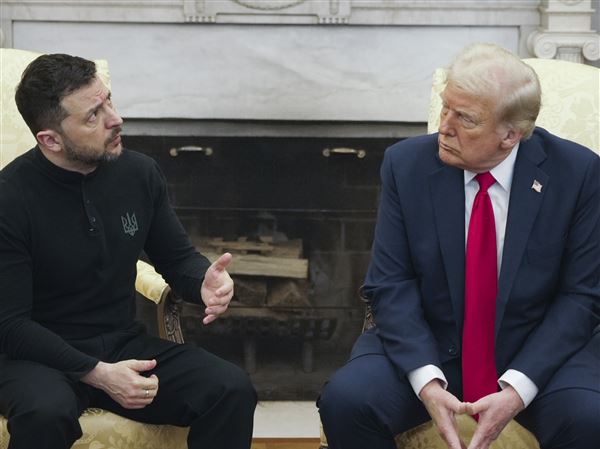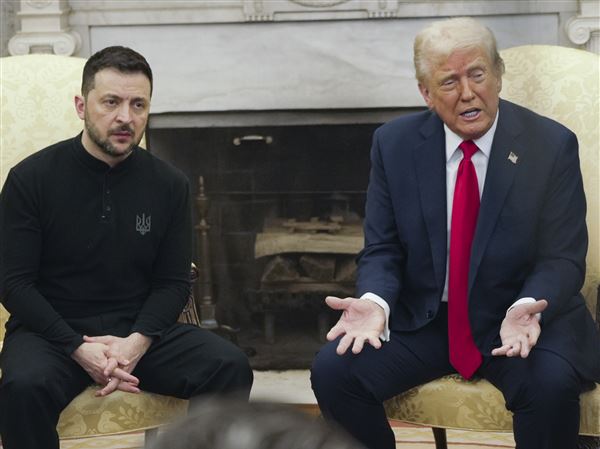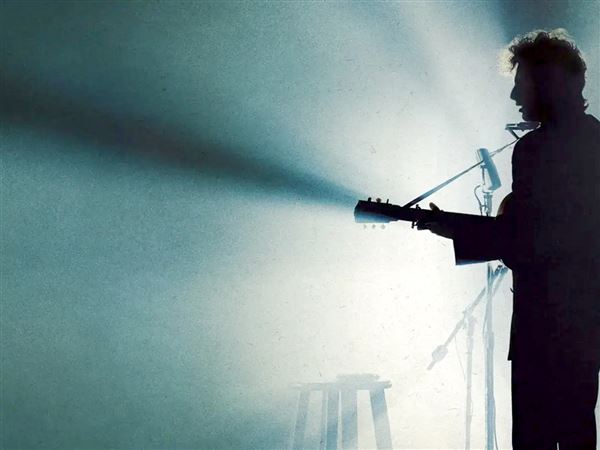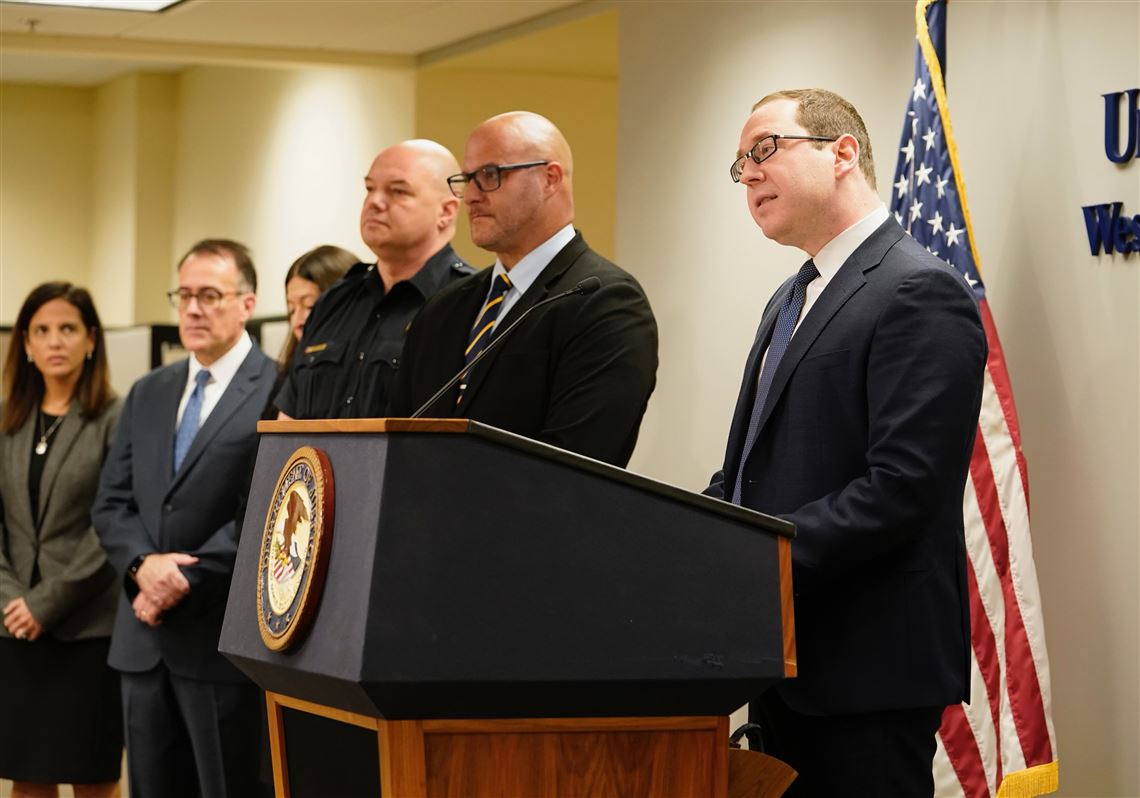He was found guilty. He was deemed eligible for capital punishment. He was sentenced to death. Whether or not he will die feels irrelevant. There is currently a federal moratorium on executions; appeals and the federal court system will take years. By the time the issue is settled, the man will be old or will have faded into obscurity, having spent decades lingering in a series of neatly-kept prison cells.
For me, the sentencing of the Pittsburgh synagogue shooter, who took eleven lives and impacted hundreds more, is not about this hateful creature. His life was forfeit the minute he was taken into police custody.
The trial and the verdict were for the survivors. The closure was for the immigrants and Jewish people and refugees and all those who wish to worship in safety.
The shooter is a devout man, apparently. He firmly believes he acted as a “tool of G*d,” sent by the Almighty to stop Satan from destroying Christianity. He is unrepentant and sees himself as a soldier in a war that’s been raging for millennia. The dead to him are simply casualties in a conflict bigger than us all.
And he is not alone. White supremacists have recently been emboldened, and there’s been a rise in hate crimes, antisemitism and violence against immigrants. And as the prosecution showed, the shooter had a sounding board for all his hatred. It doesn’t take much searching to find racism and violence in this world.
Contradiction
The verdict and sentencing of this gunman send a message to those who share these abhorrent, irrational, self-serving beliefs: Monsters like this do not deserve to live. The jurors in this trial have made it clear that this type of extremism can only be faced with the most extreme punishment the state can deliver.
The death penalty is complicated for me. But whatever my ambivalence might be, the death penalty was an option for prosecutors. It is a tool of the state — a murder that is sanctioned.
Philosopher Walter Benjamin hated the violence of the state. He saw it as contradictory — an unjustified means to an end. But the end here is clear: to punish and prevent anyone else from even considering doing such a thing.
Will it be enough? I don’t know. A friend of mine wrote on social media, “I don’t know the exact good this will do, but I am grateful this person has been condemned to die.”
I used to think that no one deserved to die at the hands of the government. I shared Benjamin’s views: How can we kill a person for killing people? But the gunman has changed my view. I also don’t know what exact good this will do. I also am grateful.
Closure
But closure isn’t about the “exact good.” Closure is about finally turning the page, moving on and letting go. So many of us have been living with the grief and hurt and trauma of this crime — our elders, our city, our community needed this to begin to heal.
People in our community have done the work. I spoke to several people who have forgiven him, either because their religious beliefs demand it of them, or because of their own extraordinary goodness. Me? I’m still working on containing all the contradictory emotions coursing through my heart. Forgiveness from me might not be on this table for this man.
I needed this trial to be over so I could stop imagining all the ways this man should be punished and find my goodness again. I wanted someone to say, “It’s this, this is the thing we’re doing,” and now that it’s happened, I can perhaps begin the process of healing my own rage.
Part of me wishes that every courthouse had a guillotine in the back just for occasions such as this. But as much as it might suit this man, it’s a terrible idea for most everyone else. He deserves his actual fate: the endless waiting and uncertainty of court dates and paperwork. In some ways, it might be worse than a quick death.
Comeuppance
I think about this a lot — why this verdict matters more than his actual fate. I don’t care about his fate. As far as I’m concerned, he’s going to rot away from my thoughts. I will bury this man; he will be dead to me long before he ever dies.
He is a ghost, a warning of what can come if we aren’t careful. He’s a harbinger of death to those that might follow his bloody footprints. He is the answer to a question I will never ask again. I spit when I hear his name; I wince when I read it. I pray that he’ll ask for forgiveness; I pray for myself, that I am fine never learning to forgive him.
As I read through the Post-Gazette’s incredible coverage of the trial, I was struck by something that Pittsburgh police officer Michael Smigda said during the sentencing phase, as he did his best to hold back his own anger.
“The things I’ve thought about wanting to do to him — one man shouldn’t have that kind of rage for another,” Officer Smigda said.
“I just can’t express my sorrow for his victims and families,” he continued. “Their impact statements have more impact on me than they ever will on him.”
I share this rage. I wanted him to be sorry. I wanted this hollow shell of a human being to express remorse, to face his accusers, to stop looking down. I wanted him to meet witnesses in the eyes. I wanted him to sob, to scream, to cause a scene in court.
I wanted him to beg for his life. And still, I would have been fine with the sentence as it stands.
Perhaps I too am now a little more monster than I care to admit.
Adriana E. Ramírez, author of “Dead Boys,” is a columnist and InReview editor for the Pittsburgh Post-Gazette: aramirez@post-gazette.com.
First Published: August 6, 2023, 9:30 a.m.
Updated: August 6, 2023, 10:57 p.m.














